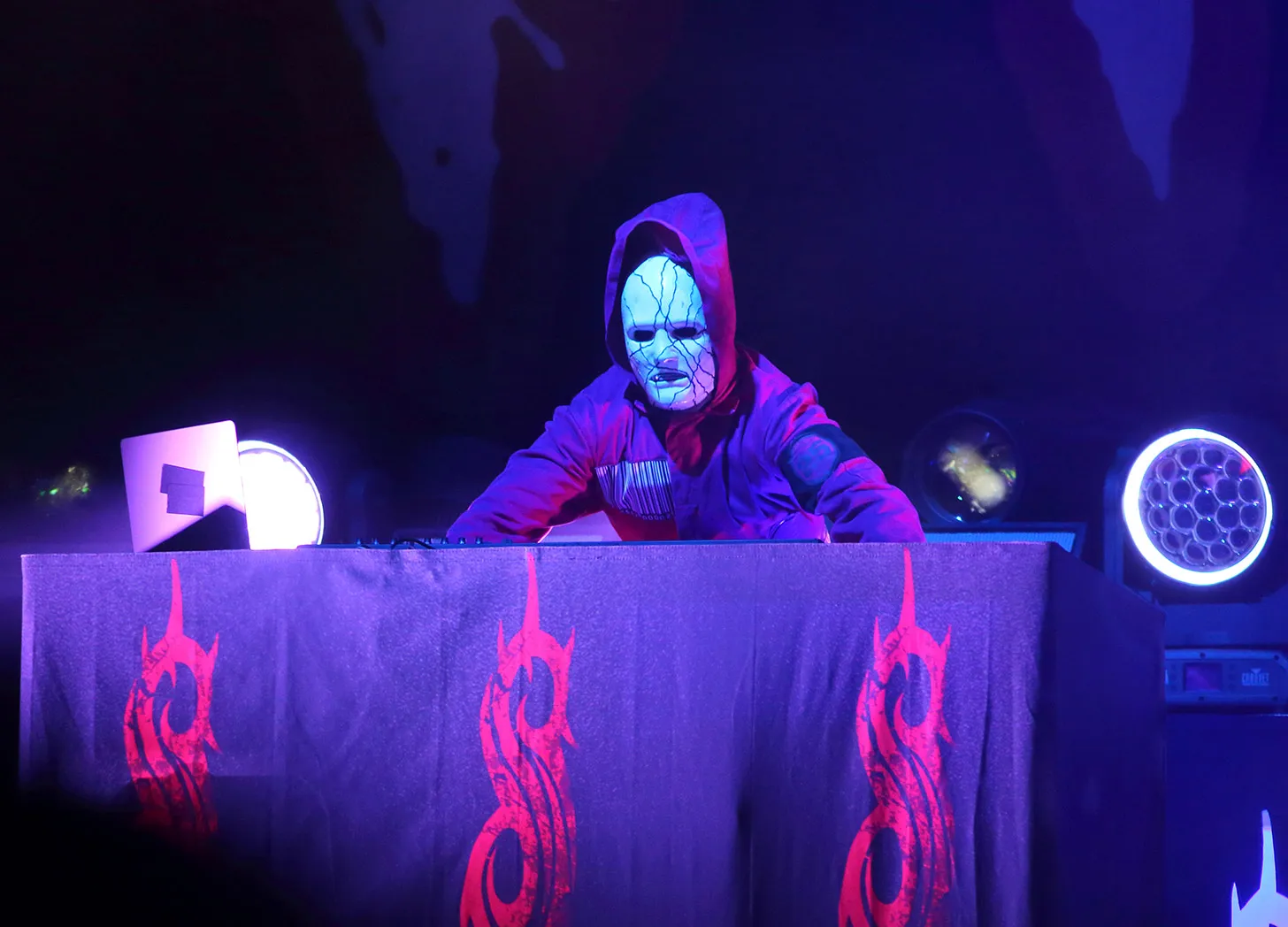Copyright newsweek

Dr. Kristen Holmes has been snacking. She pops them in throughout her day, between research projects, podcast shoots, board meetings and mom duties. But the snacks in Holmes diet can’t be found on grocery store shelves. The snacks she uses to fuel her days consist of kettlebell swings, goblet squats, pushups and planks instead—what she calls “exercise snacks.” “I basically try to do 10 sets of something throughout the day. We know from the data that this improves metabolism, lowers blood sugar levels, gives you a vascular pump, helps with blood flow and gets oxygen and blood to the tissues, which helps to promote recovery,” Holmes told Newsweek. “Exercise snacks have been a massive upgrade [to my routine].” If anyone else was advising you to add an inedible snack to your daily habits, you might roll your eyes. But when the tip comes from a three-time All-American athlete and two-time Big Ten Athlete of the Year at the University of Iowa, and now, the global head of performance and principal scientist at WHOOP, the company behind your favorite athlete most-loved wearable—you might reconsider. For a long time, Holmes had a personal interest in performance. After playing field hockey and basketball at Iowa, she went on to compete for the U.S. National Field Hockey team. And then, her interest in athletic potential expanded beyond just herself once she became one of the most successful coaches in Ivy League history, leading Princeton University to 12 league titles and a National Championship over 13 seasons. About halfway into her career, Holmes found herself deeply enmeshed in technology side of performance. Those data points became a vital window to understand how her athletes’ bodies responded to training. Pretty quickly, she found out it wasn’t the two hours of training that really had an impact on their potential. “It’s actually the other 21 hours of the day that are more predictive of how they show up the next day,” Holmes said. While at Princeton, Holmes met Will Ahmed, the founder and CEO of WHOOP, a $3.6 billion wearable tech giant headquartered in Boston. Ahmed, a student athlete at Harvard, started the company in 2012 to give athletes a better way to track the efficiency of their training and recovery periods. Today, WHOOPS straps can be spotted on the wrists of LeBron James, Michael Phelps, Cristiano Ronaldo, Sue Bird, Katie Ledecky, Patrick Mahomes, Rory McIlroy and Aryna Sabalenka, and the list goes on. “We had started on this very extreme end of the spectrum, where you have individuals who are calibrating their lives around these data points and are working at the edge of those margins, looking for 0.06 of a second to win the gold medal,” Holmes told Newsweek. “But what I saw really quickly at WHOOP, as we kind of diverged from just elite athletes to a more general consumer market… [is that] at a basic level, these foundational principles of human health and functioning are no different for the Michael Phelpses than they are for the typical Jane or Joe.” In the last two and a half years, WHOOP has added features like a step counter and a stress monitor. This summer, the startup announced its Advanced Labs, an option to combine blood tests with WHOOP data. Users can purchase lab tests with Quest Diagnostics that deliver results across 65 biomarkers, alongside an independent clinician-reviewed report and personalized action plan. WHOOP’s expansion strategy is part of a larger effort to not only deliver more data but also to broaden its reach in what has become an increasingly competitive market. According to a recent report from business consulting firm Grand View Research, the global wearable technology industry is expected to grow from $84.2 billion in 2024 to $186.14 billion by 2030. Wristwear products account for the largest revenue share, representing more than 58 percent of the 2024 market. Today, WHOOP straps are “for any human who is interested in understanding their body and is not interested in guessing,” Holmes said. The company is continuing to move in that direction, Alexi Coffey, WHOOP’s vice president of product, also told Newsweek at WHOOP’s Advanced Labs launch event in New York City. “WHOOP isn’t just for athletes,” Coffey said. “We’re now a personalized health companion for everyone.” “You can expect that WHOOP will continue to help people deeply understand their bodies and get personalized guidance that fits their lives—accounting for busy work, parenting, travel, life context and more,” she said. One feature that has distinguished WHOOP from the rest of the pack is its lack of screens. Unlike an Apple Watch, Fitbit or Garmin, there’s no display on a WHOOP. With competitors leaning into health metrics, there’s trend pressure for the company to shift to a version that includes a display or interface. But Holmes, w...



